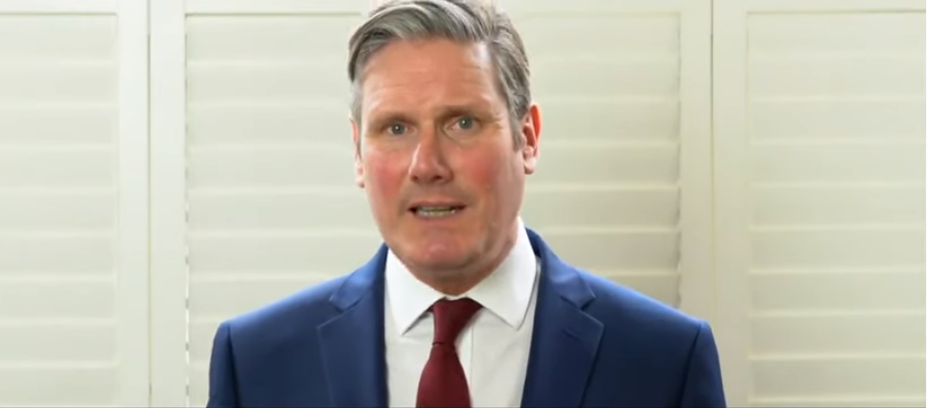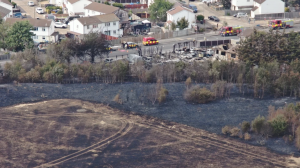Sir Keir Starmer wins Labour leadership contest to succeed Jeremy Corbyn
Sir Keir Starmer has won the contest to succeed Jeremy Corbyn as Labour leader.
The shadow Brexit secretary, who has been an MP since 2015, beat out competition from front bench colleague Rebecca Long-Bailey and Wigan MP Lisa Nandy.

Sir Keir Starmer
He described becoming leader as “the honour and the privilege of my life”.
“I will lead this great party into a new era, with confidence and hope, so that when the time comes, we can serve our country again – in government,” Sir Keir said.
The 57-year-old triumphed in the first round of polling, winning 56.2% of the vote. Ms Long-Bailey was second with 27.6%, with Lisa Nandy third on 16.2%.
Sir Keir, who is named after Labour Party founder Keir Hardie, was widely expected to win the three-month contest.
Having been seen as the early favourite, he built up unassailable levels of support among Labour MPs and local constituency parties before the ballot of members opened in February.
Angela Rayner, meanwhile, has been elected as the party’s new deputy leader. She triumphed in the third round of voting (52.6%), finishing ahead of Rosena Allin-Khan (26.1%) and Richard Burgon (21.3%).
The results were announced via the party’s social media feeds shortly after 10.45am, with pre-recorded videos from Sir Keir and Ms Rayner released.
A planned special conference to unveil the winners of both contests was cancelled due to the coronavirus pandemic.
The COVID-19 crisis – and scrutinising the government’s response – will be one of the big issues in Sir Keir’s early days as leader.
In his video message, Sir Keir said his election “comes at a moment like none other in our lifetime” because the COVID-19 pandemic has “brought normal life to a halt” but brought communities together.
He said: “I can see this happening, people coming together to help the isolated and the vulnerable, checking on their neighbours.
“So many volunteering for the NHS, millions of people doing their bit to stop this virus and to save lives.”
Sir Keir promised that Labour under his leadership would “engage constructively” with the government as it responds to the crisis, “not opposition for opposition’s sake”.
“Not scoring party political points or making impossible demands. But with the courage to support where that’s the right thing to do. But we will test the arguments that are put forward.
“We will shine a torch on critical issues and where we see mistakes or faltering government or things not happening as quickly as they should we’ll challenge that and call that out.”









